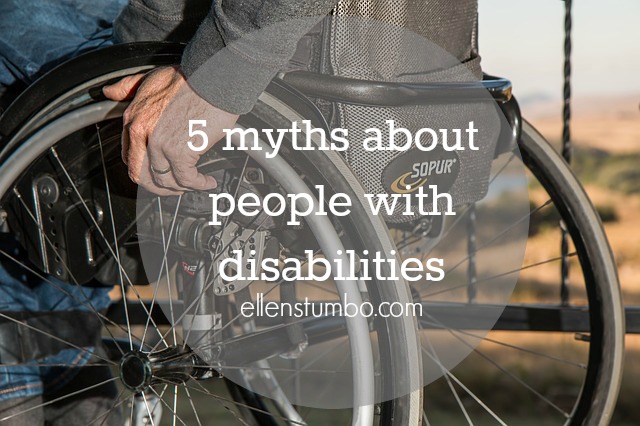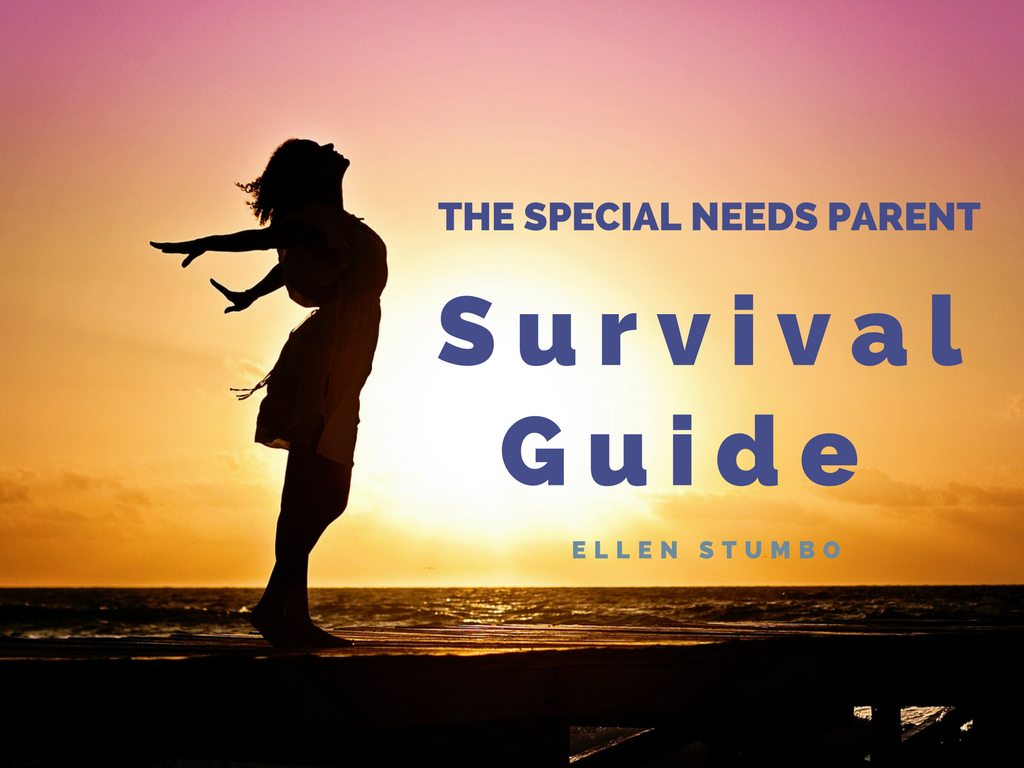There are more than 5 myths about people with disabilities, but there are some that seem to perpetuate and they reach across cultures and beliefs, so let’s dismantle these five myths, shall we?
MYTH 1. People with disabilities are here to teach us a lesson
While we can learn life lessons from people with disabilities, they do not exist for the sole purpose of teaching us lessons. To look at people with disabilities as someone whose main value in life is to teach others about what matters is to diminish them in their humanity.
Fact: People with disabilities do not exist for our benefit.
MYTH 2. People with disabilities don’t have anything to offer
We often see people with disabilities as recipients of charity. At churches as recipients of service and ministry. As if they are the takers, not the givers. People with disabilities have unique gifts and talents.
FACT: People with disabilities are contributing members of society, their families, and their faith communities.
MYTH 3. People with disabilities are saints or angels.
People with disabilities are not one dimensional, implying they are only good makes them less human. And they are not saints or angels, they are people.
FACT: People with disabilities share our full humanity.
MYTH 4. People with disabilities want to be “normal” or fixed.
Most people with disabilities view their disability as an inextricable part of who they are, their identity.
Fact: People with disabilities want to be accepted including their disability, not in spite of it.
MYTH 5: People with disabilities cannot have romantic relationships.
Adults with disabilities are not perpetual children, they have the same hormones, desires, and romantic interests.There is a common misconception that people w disabilities are asexual and/or they lack the ability to consent, while some of them might be more vulnerable to abuse, and in need of more support, they still have rights to their bodies and relationships.
FACT: Many People with disabilities fall in love, marry, and have children.
***
Editor’s note: This post was written in collaboration with Tara Christle and Tonia Christle, both adults with a disability. You can find Tonia’s blog here or follow her Facebook page here.
Special Needs Parents, Are You Surviving?
I created a guide with 13 practical ways to help you find peace in the midst of chaos, opt in to make sure you get a copy of this freebie!




So true! Thanks for debunking the myths!